
A visitor takes photos of a future city model at a carbon neutrality expo in Shanghai on Wednesday. (GAO ERQIANG/CHINA DAILY)
A senior United Nations official has spoken highly of China's contribution as COP15 president, saying the Kunming-Montreal Global Biodiversity Framework, reached by the parties to the UN Convention on Biological Diversity under China's leadership, is comparable to the landmark 2015 Paris Agreement in the climate realm.
China assumed the presidency of COP15 — the 15th meeting of the Conference of the Parties to the UN Convention on Biological Diversity — in 2018 and was supposed to relinquish it in 2020, said Inger Andersen, executive director of the United Nations Environment Programme.
However, China has had the presidency for six years because of the COVID-19 pandemic.
"No one else has ever had the presidency for a COP for so long," she said. "Usually, it's one year or two years.
"So this six years was a heavy burden for China to carry for the world, I am sure. But China has served with distinction."
Under China's presidency, parties agreed to the Kunming-Montreal Global Biodiversity Framework in 2022, which Andersen said is like "the Paris Agreement of biodiversity".
"I mean, China has always played a big role in global environmental governance, I would say," she said. "And there is no bigger role in taking the presidency for a conference of parties at this very critical time, 2018 to 2024."
She especially highlighted the decision of parties under the Chinese presidency to revisit subsidies and to make sure they are not nature-negative.
"Today, we estimate that we need about $700 billion a year to keep nature in a good balance," she said. "But today about $200 billion goes into biodiversity on an annual basis… so we can say maybe $500 billion is missing."
She said negative subsidies — encouraging actions like the overuse of chemicals and fertilizers, as well as over-deforestation and overfishing — are still seen in many countries, resulting in harm to the world's biodiversity resources.
"We estimate that the subsidies that are going in with negative impacts are 30 times higher than the money going in for positive impact," Andersen said.
She underscored the importance of reducing subsidies with nature-negative impacts rather than only talking about investment in biodiversity conservation around the globe.
"Trillions are going into nature-negative," she said. "The first thing is to deal with the negative trillions rather than just putting money in the billions. Because if we can take that out and re-purpose, it would be a very quick win."
Andersen said "developed countries can do more to shift nature-harming financial flows to nature-healing flows".
She also lauded the progress China has made in biodiversity conservation at home.
"China has made real efforts on conservation of forests, conservation of wetlands, and many, many other endeavors," she said, citing the red lines set for ecological conservation as an example.
The red line system, developed by China, is precisely the kind of thing that can help achieve biodiversity goals, she said.
China has drawn red lines encompassing 3.19 million square kilometers of crucial ecological conservation areas, which cover more than 90 percent of its typical ecosystem types, according to Chinese authorities.
Andersen said she has also been impressed by the progress China has made in protecting the giant panda.
"We now can see that the population of wild pandas is growing so much that IUCN (the International Union for Conservation of Nature) has moved the listing from endangered to vulnerable," she said.
China has also led the world in the rate of mangrove regrowth, she said.
Andersen said ecological civilization is "a powerful concept" from China that can help ensure that nature can continue to sustain civilizations.
"The ecological civilization construct is a construct that I think is very meaningful," she said. "And when leaders speak of lucid rivers and green mountains, that's a powerful notion that people can understand."
Andersen said such elements are also important in allowing people to imagine what is possible in terms of protecting nature.
For ecological civilization, the world needs to "treat nature with care and hand it over to the next generation in a good way so that nature can continue to sustain civilizations and those who are yet to be born and who will inherit the earth from us", she added.
"The kind of actions that China is taking at home are meaningful," she said. "They echo what we need the world to do as a collective community."











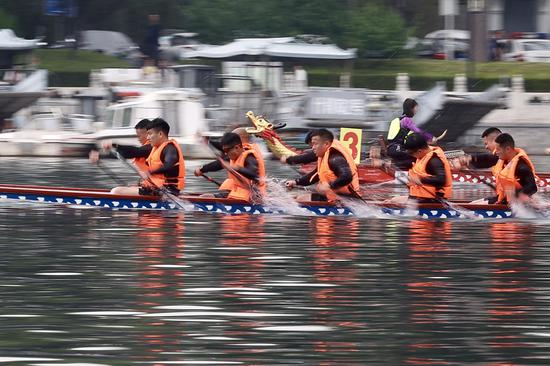
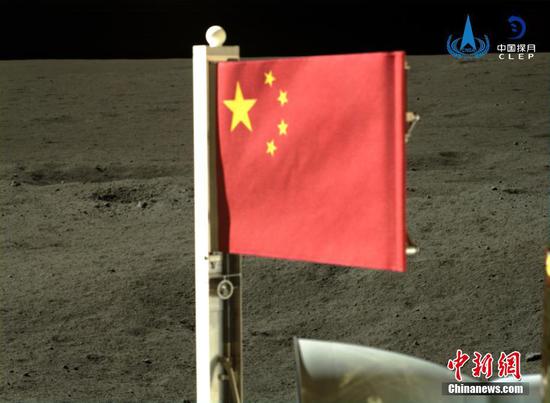

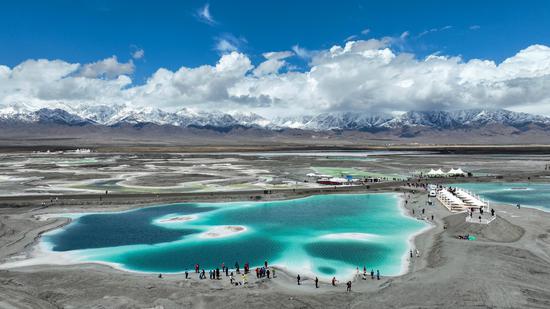
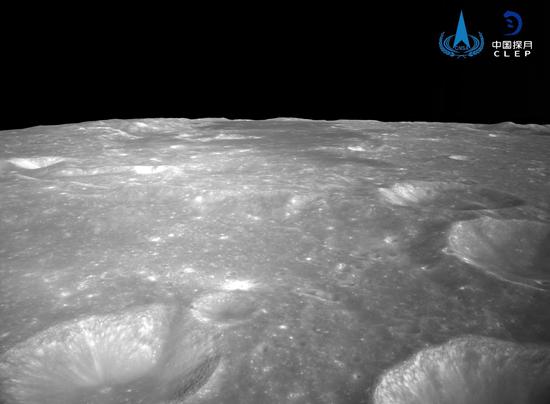

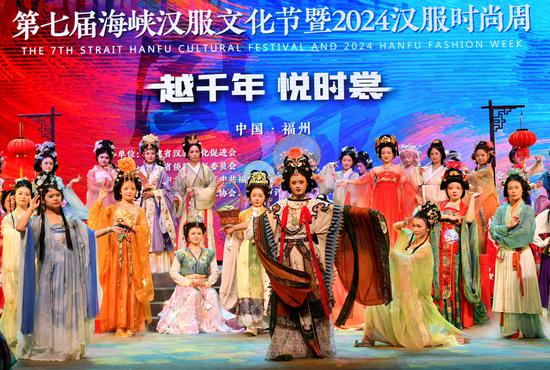




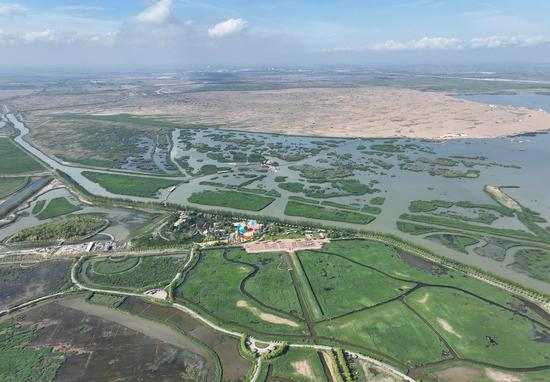


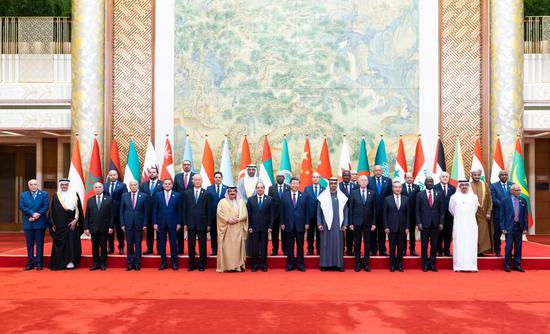
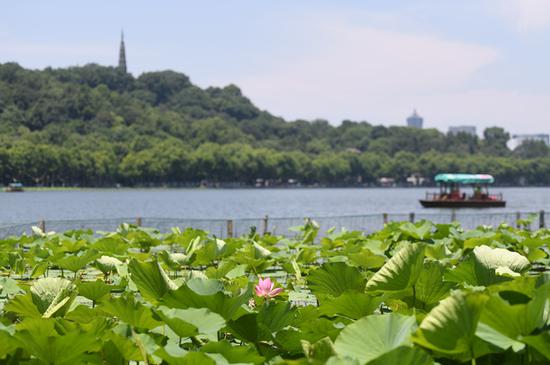
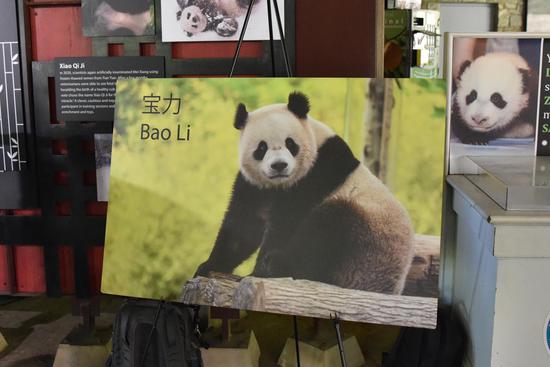


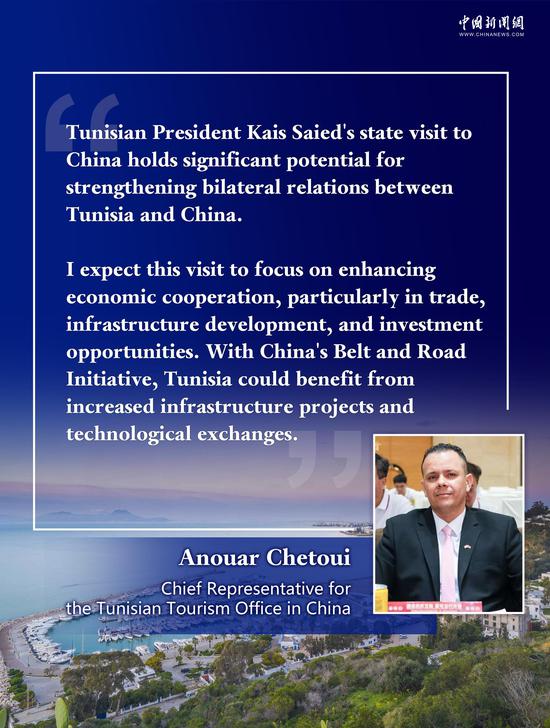



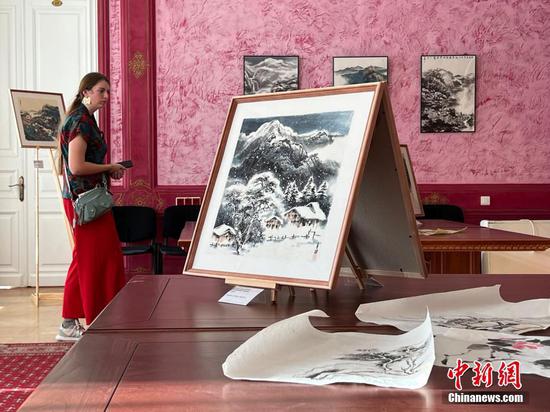



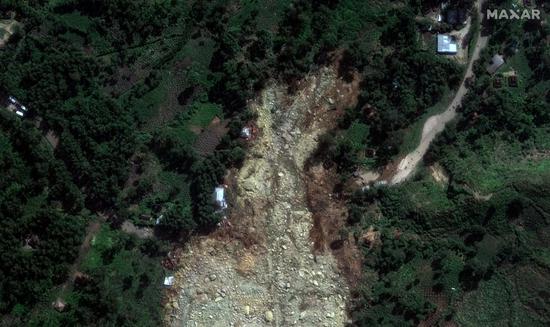







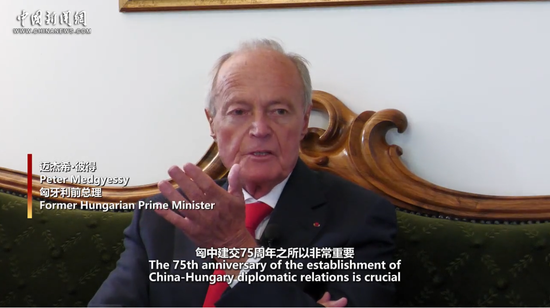



 京公網安備 11010202009201號
京公網安備 11010202009201號